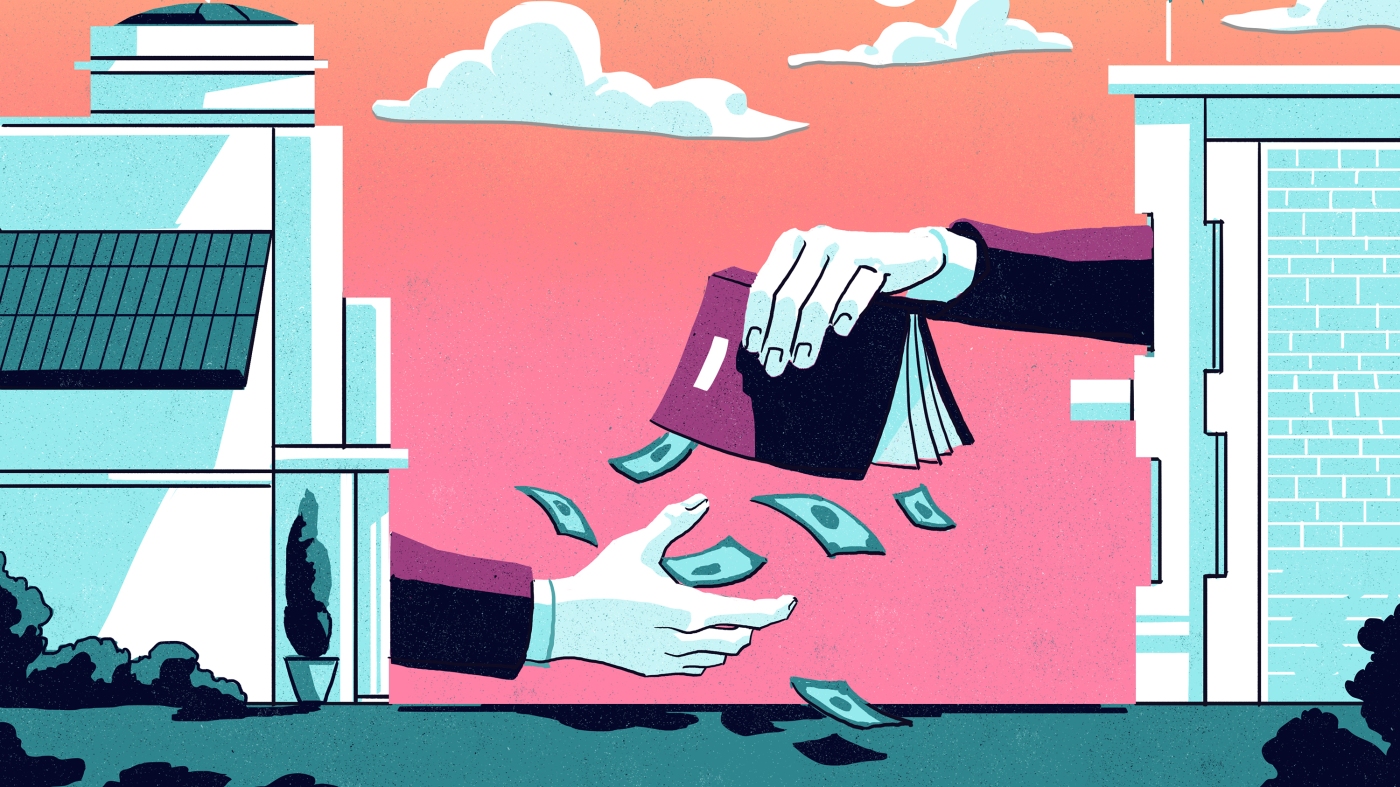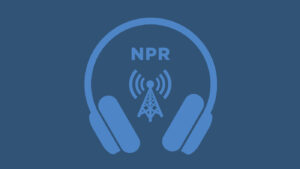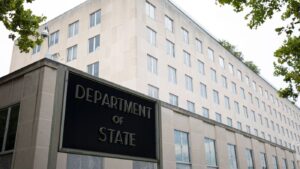Nationwide Voucher Initiative Sparks Debate Amid Senate Consideration
As the House Republicans push forward a reconciliation bill featuring a pioneering national school voucher program, the proposal is now in the hands of the Senate. This initiative aims to utilize the federal tax code to provide vouchers for students to attend private, secular, or religious schools, even in states where such measures have previously faced opposition.
Interviews conducted by NPR with various stakeholders, including researchers, advocates, tax experts, and both supporters and detractors of vouchers, reveal a spectrum of opinions on the federal plan, highlighting its potential risks and benefits.
Understanding the Mechanics of the Federal Voucher Plan
Vouchers are defined as funding mechanisms for private school tuition, as explained by Josh Cowen, a professor at Michigan State University who opposes vouchers after extensive research. The federal proposal offers a generous tax credit for donations to Scholarship Granting Organizations (SGOs), which then provide scholarships for private school tuition and related expenses.
This plan caps tax credits at $5 billion annually until 2029. It capitalizes on indirect funding methods to avoid legal issues with direct federal funding for religious schools. Donors can also benefit from capital gains tax avoidance, potentially profiting from their contributions.
The Motivation Behind Families Choosing Vouchers
Michelle Salazar from Florida utilized a voucher to enroll her son in a private school tailored for children with special needs after his public school struggled to accommodate his dyslexia and ADHD. Her story mirrors the broader reasons families opt for vouchers, often prioritizing safer environments and specialized attention over academic excellence.
Challenges Faced by Students with Disabilities in Voucher Programs
Private schools can selectively admit students, unlike public schools bound by the Individuals with Disabilities Education Act (IDEA). Critics argue that the federal voucher proposal does not adequately protect students with disabilities, as private schools are not mandated to admit them.
Income Eligibility and Accessibility of the Federal Voucher Plan
The proposed vouchers are available to families earning up to 300% of a region’s median income, potentially qualifying 85-90% of students. This broad eligibility contrasts with earlier programs aimed at lower-income families, raising concerns about subsidizing choices for wealthier families.
Impact of Vouchers on Tuition Rates and Public School Enrollment
Studies indicate that vouchers often lead to increased private school tuition rates and that many voucher recipients were already attending private schools. Furthermore, research suggests that voucher programs can disrupt public school funding, despite claims that competition improves school performance.
Assessing Academic Outcomes of Voucher Programs
While early voucher programs showed modest academic improvements, larger initiatives have seen mixed results, with some students experiencing academic declines. However, voucher students may have higher rates of high school and college completion, though these findings are not directly applicable to current broad voucher programs.
The Broader Implications of Voucher Programs on Public Education
Proponents argue that vouchers provide families greater control over education, while critics warn of the financial strain on public schools. The debate continues as Republicans aim to shift educational enrollment dynamics by allocating significant funding to the voucher program.






